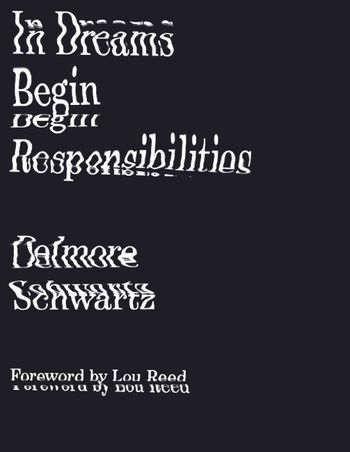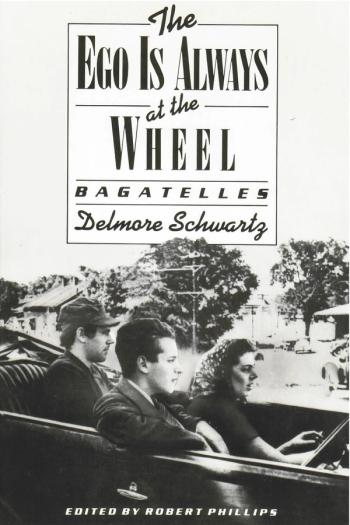Delmore Schwartz
After graduating from New York University in 1935 Delmore Schwartz started to work on In Dreams Begin Responsibilities, a book containing a story, a long poem, lyrics, and a play, published three years later by New Directions. In 1941 followed Shenandoah, a play in verse. His narrative poem Genesis appeared in 1943, _The World is a Wedding—_two short novels and five stories—in 1948, and a further collection of poems and stories, Vaudeville for a Princess, in 1950. The foregoing books were all published by New Directions. In 1959, Doubleday & Co. brought out a new book of poems under the title Summer Knowledge and for this book Mr. Schwartz was named as the winner of the Bollingen Prize in Poetry. At 47 years of age, he was the youngest winner of this prize since its establishment in 1948. Mr. Schwartz was a frequent contributor to literary publications. For a period he was a literary consultant for New Directions in Prose and Poetry, Perspectives, Diogenes and he had been an associate editor of Partisan Review. From 1940 to 1946 he was Briggs-Copeland instructor in English composition at Harvard, becoming an assistant professor in 1946–47. He lectured at Kenyon College, Indiana University, and at New York University and was, for a period (around 1950), resident lecturer and fellow in creative writing at Princeton University. He won a number of prizes in addition to the Bollingen Prize mentioned above. In 1953 he won the award of the National Academy of Arts and Letters and in 1957 he was one of the four Kenyon Review fellows. In July, 1966, the New York literary community was shocked to learn that Schwartz had been found dead in his Broadway hotel room—apparently the victim of a heart-attack. After a cruel mental illness took hold, wrecking his academic career, alienating his friends and family, he disappeared. Though there were rumors that he was still writing, the bulk of his manuscripts were missing at the time of his death.






